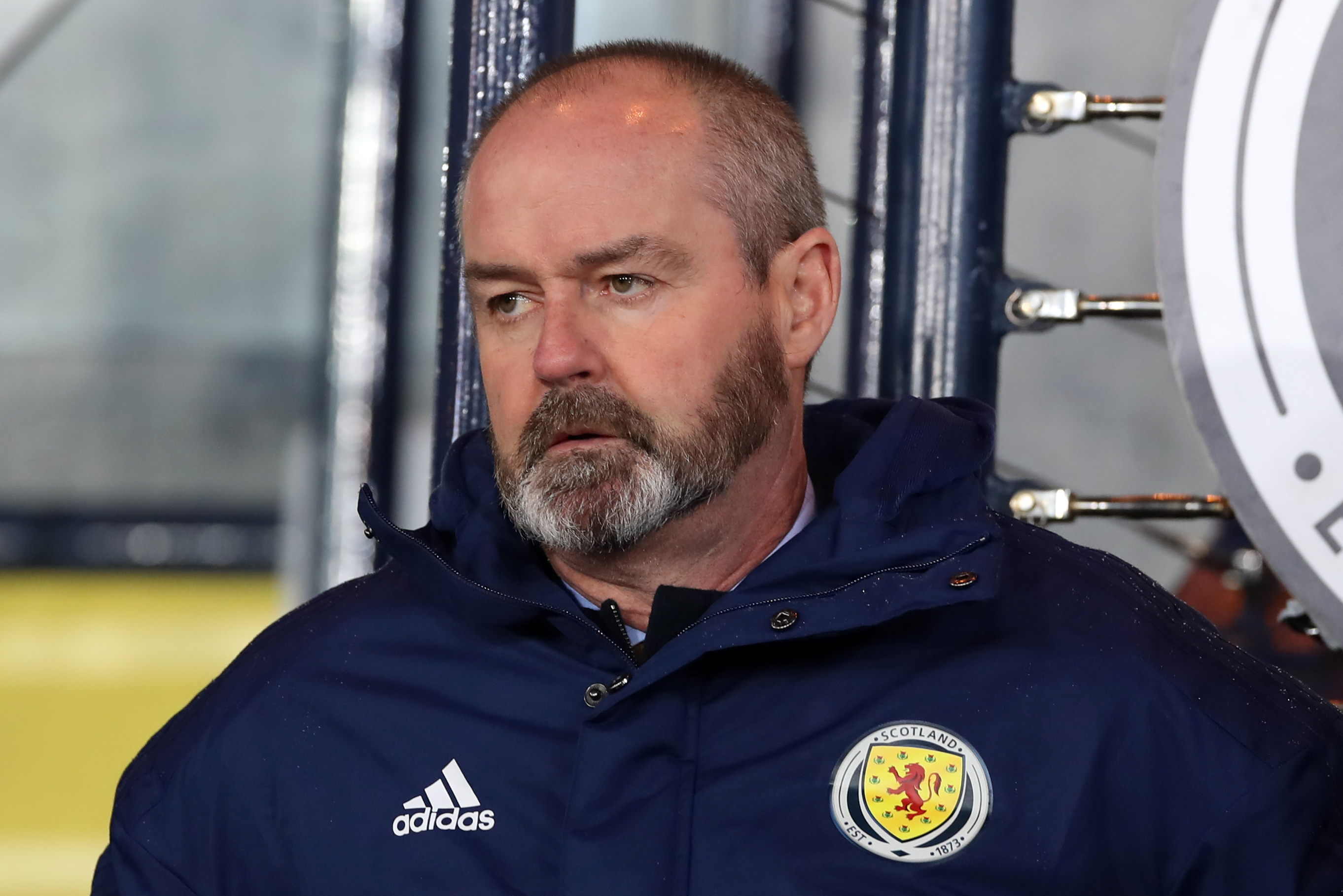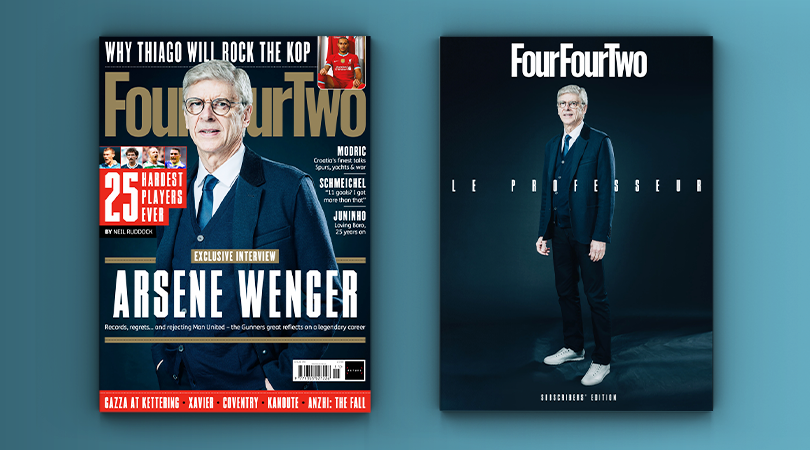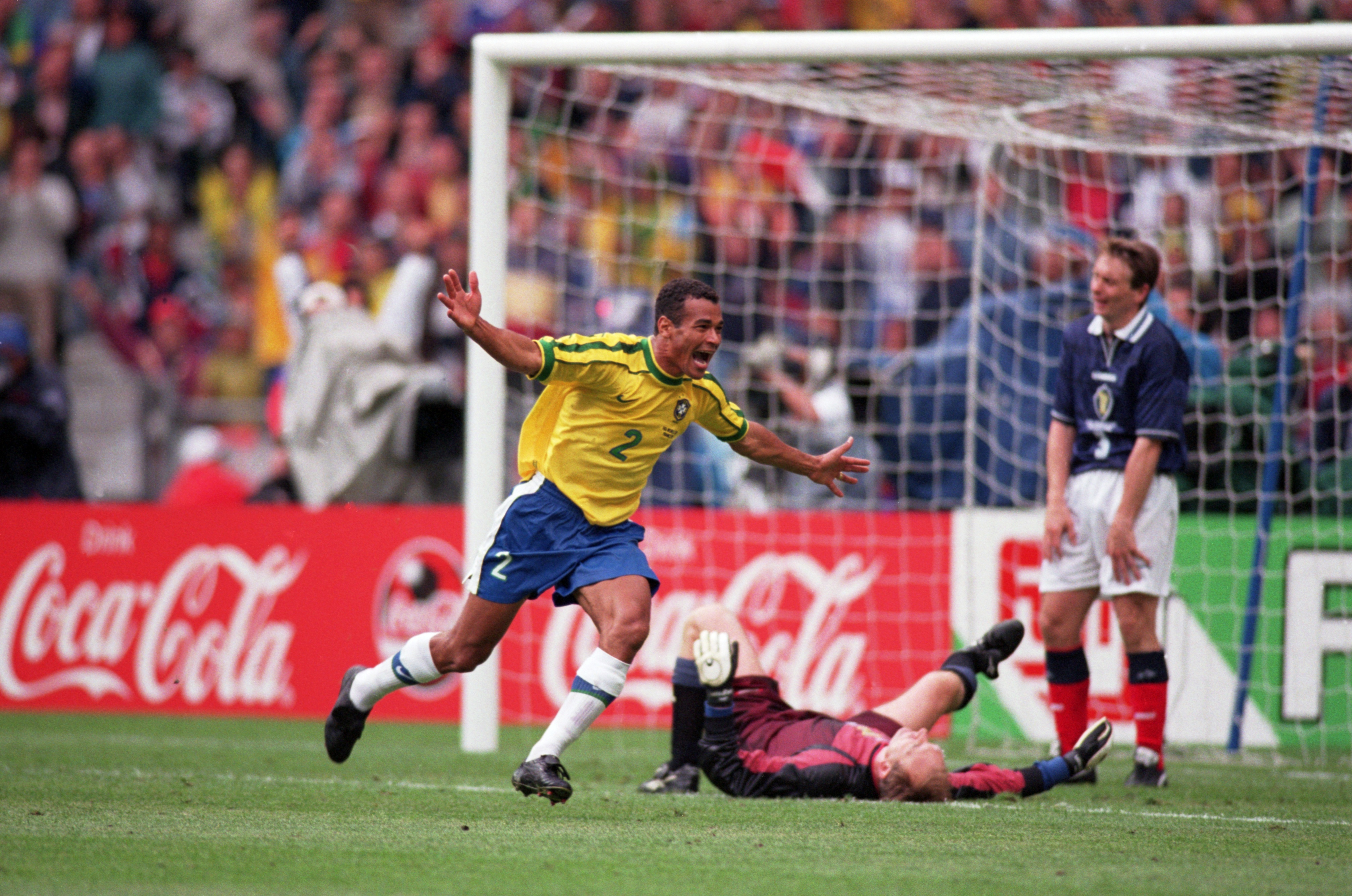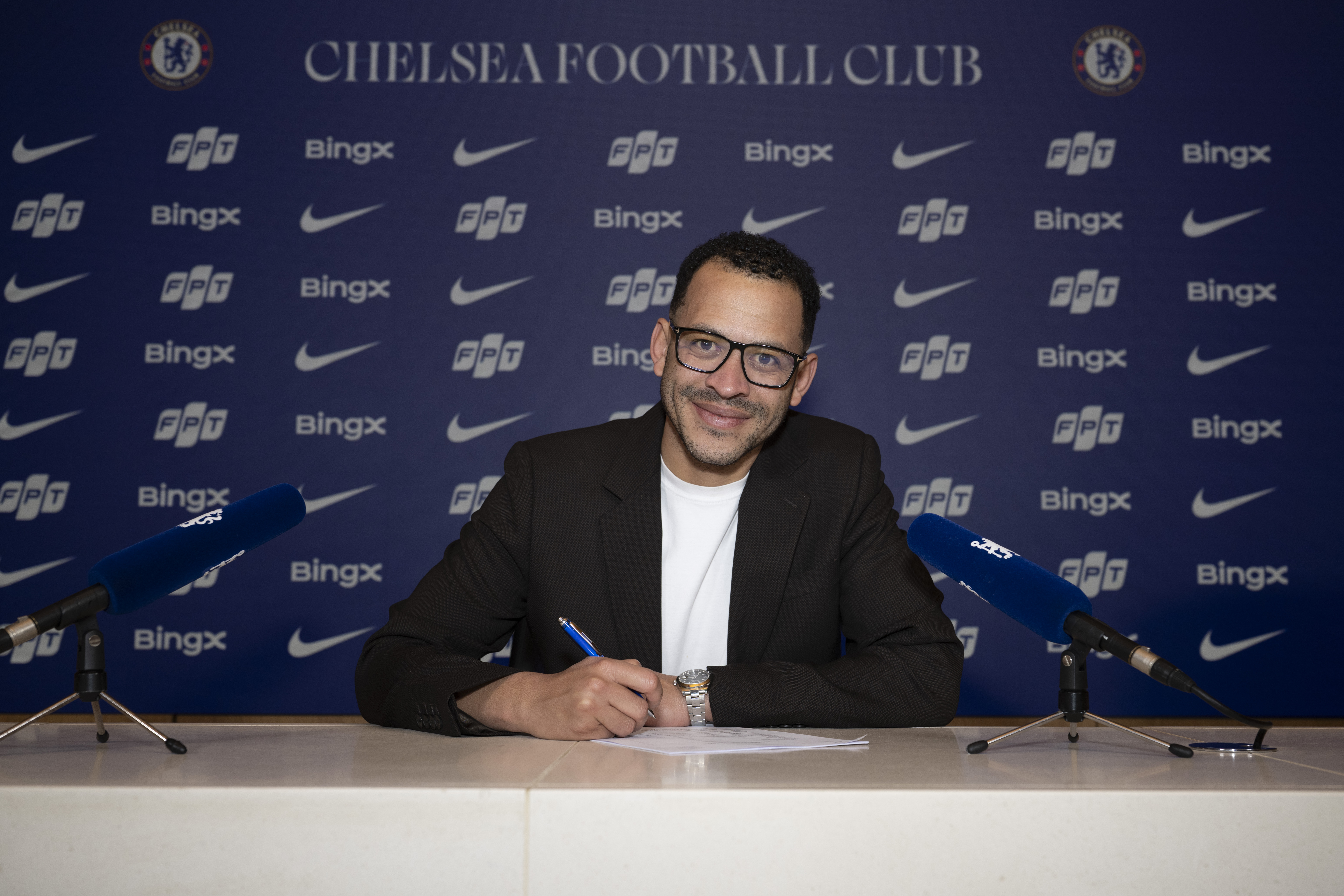Why did Scotland stop qualifying for major tournaments?
Scotland qualified for seven out of eight World Cups until 1998, but haven't been to a single tournament in the 22 years since. Can they break the habit in this week's Euro 2020 play-off against Serbia?

The best features, fun and footballing quizzes, straight to your inbox every week.
You are now subscribed
Your newsletter sign-up was successful
Want to add more newsletters?

Five times a week
FourFourTwo Daily
Fantastic football content straight to your inbox! From the latest transfer news, quizzes, videos, features and interviews with the biggest names in the game, plus lots more.

Once a week
...And it’s LIVE!
Sign up to our FREE live football newsletter, tracking all of the biggest games available to watch on the device of your choice. Never miss a kick-off!
Join the club
Get full access to premium articles, exclusive features and a growing list of member rewards.
Jim Leighton is 62. His age has an added pertinence this week because, for 22 years, Leighton has retained the distinction of playing in Scotland’s last game in a major tournament. He was beaten three times as Morocco scored in Saint-Etienne. Scotland were out of the 1998 World Cup, but they would be back: after all, they had played in seven of eight World Cups then, even while retaining their infamous record of never progressing beyond the first stage. They had been at Euro 92 and Euro 96, too, all the while compiling a record that led Del Amitri to pessimistically title the anthem of their 1998 campaign Don’t Come Home Too Soon.
They did, but they were such regular presences that Leighton equalled Bobby Charlton’s British record of going to four World Cups. And then Scotland veered into a different kind of consistency.

In the 21st century, 33 European nations have played in either a World Cup, a European Championships or both. A 34th, Finland, have qualified for a first in their 109-year history. They include some of the unusual suspects: Latvia and Albania, Northern Ireland and Iceland, Slovenia and Slovakia. They include countries with glorious footballing pasts but who seemed stuck in mediocrity, in Austria and Hungary. They include those who had never occupied the major stage or ones absent for more than half a century, such as Wales. They include everyone except Scotland.
Until this week, perhaps. Scotland may approach a play-off in Serbia as underdogs. They may have progressed via a method approximately two people understand, courtesy of the 2018/19 Nations League and despite a largely undistinguished Euro 2020 qualifying campaign that began with the humiliation of 3-0 defeat to Kazakhstan.

But they are 90 minutes away; perhaps 120 plus a penalty shootout, if it mirrors the semi-final against Israel. The wait underlines why, no matter how circuitous and incongruous the path of progress, what an achievement it would be for Steve Clarke to steer Scotland back to the sort of arena they once graced, albeit sometimes in tragicomic fashion. It may not be comparable with the 1978 World Cup, when Scotland qualified at the expense of the reigning European champions Czechoslovakia, but after so long, any progress is welcome.
It is undeniable that the expansion of the European Championship contributes. It was designed to benefit countries such as Scotland. Yet four years ago, it was Iceland – population 320,000 – who voyaged into the unknown. The Edinburgh resident with much to celebrate was Michael O’Neill, whose Northern Ireland qualified as group winners and reached the last 16.
For two decades, Scotland have contrived to be a combination of underachievers, unlucky and unworthy successors to their past selves. Even when managers like Alex McLeish, in his first reign, and Walter Smith did excellent jobs, it was not quite enough. They alternated between play-off defeats and earlier exits, near-misses and embarrassments. A nation that churned out disproportionate amounts of talent – remember Alex Ferguson omitting Liverpool’s Double-winning captain Alan Hansen from the 1986 squad? – has felt starved of it at times. Too often they have had too few goalscorers. Ability has been unevenly distributed around the team, a problem Clarke faces when arguably his two best players, Andrew Robertson and Kieran Tierney, are both left-backs.
The best features, fun and footballing quizzes, straight to your inbox every week.

At the same time, internationalism harmed Scotland. The decline of the SPL as the financial realities have changed has deprived some of their players of relevant experience. The cliché every English title winner needed at least one Scot may have been ended by Arsene Wenger and the Premier League’s ensuing global search for superstars has entailed looking south more often than north. Men like Robertson, Tierney and Scott McTominay now look like throwbacks at elite clubs when some of their compatriots are found in the Championship. And yet, factoring in John McGinn and Stuart Armstrong, there feels a brighter generation now, plus a manager who can be both pragmatic and galvanising. In the next few days, Scotland could be promoted in the Nations League and the 35th European country to reach a major tournament this millennium. They can dream. Which, as all Scotland fans know to their cost, could be dangerous.
While you’re here, subscribe to FourFourTwo and save 48% – available until Christmas. It’s the perfect gift idea for anybody who loves football (including yourself)!
NOW READ
CHRIS FLANAGAN Can 10 in a row be done? When Celtic stopped Rangers on the final day
RICHARD JOLLY This Manchester United team remains a mass of contradictions - that's why they'll stay in limbo for now
Richard Jolly also writes for the National, the Guardian, the Observer, the Straits Times, the Independent, Sporting Life, Football 365 and the Blizzard. He has written for the FourFourTwo website since 2018 and for the magazine in the 1990s and the 2020s, but not in between. He has covered 1500+ games and remembers a disturbing number of the 0-0 draws.
 Join The Club
Join The Club











